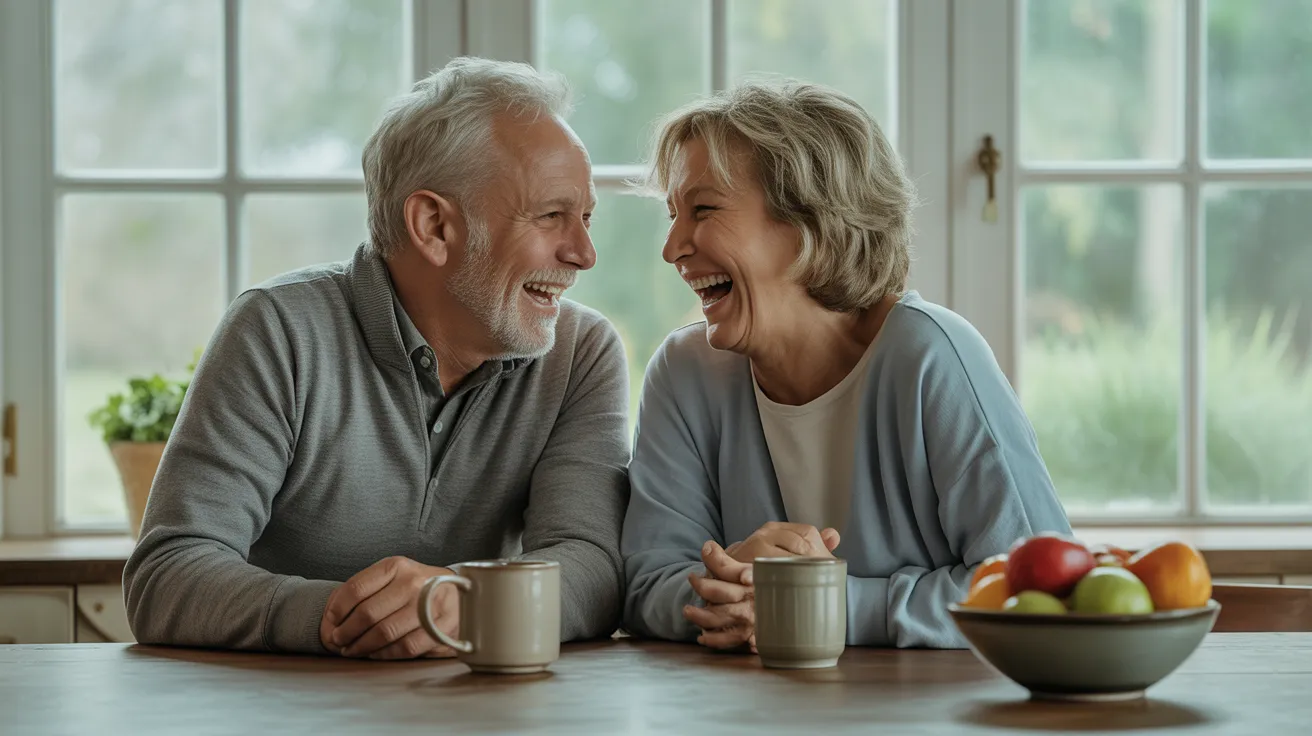
What the Medical Experts Say About Bone Health in Our Later Years
Medical professionals agree that maintaining bone density is a cornerstone of healthy aging. Think of your bone mass as a savings account. Throughout your youth and early adulthood, you make “deposits,” building up to what is known as peak bone mass, usually around age 30. After that, we start making slow “withdrawals.” For women, this process accelerates dramatically after menopause due to a drop in estrogen, a hormone that helps protect bones.
This natural decline is why conditions like osteoporosis are more common in older adults. It’s often called a “silent disease” because you can’t feel your bones weakening. The first sign for many is a sudden, unexpected fracture, most often in the hip, spine, or wrist.
Experts emphasize that while we can’t stop the aging process, we have significant power to slow down bone loss. The consensus is clear: a combination of proper nutrition, regular weight-bearing exercise, and lifestyle adjustments is the most effective strategy. Two nutrients are consistently highlighted as superstars for bone health: calcium and vitamin D.
- Calcium is the primary building block of bone tissue. If you don’t get enough calcium from your diet, your body will take it from your bones to use for other essential functions, like muscle contraction and nerve signaling.
- Vitamin D acts like a key, unlocking the door that allows your body to absorb calcium from your food. Without enough vitamin D, you can consume all the calcium in the world, but it won’t do your bones much good.
This article summarizes expert opinions. For in-depth research and clinical guidelines, refer to the National Institutes of Health (NIH) and trusted medical institutions like the Mayo Clinic. The NCOA provides expert-vetted resources for seniors.
The goal isn’t to reverse decades of bone loss overnight but to make smart, sustainable changes that protect the bone you have and encourage your body to keep rebuilding. It’s about creating a lifestyle that supports your skeletal strength for years to come.













